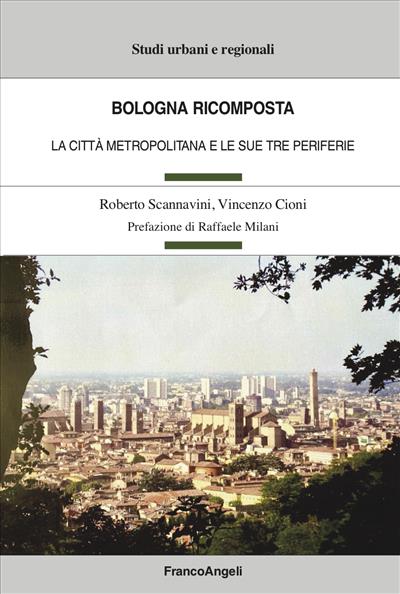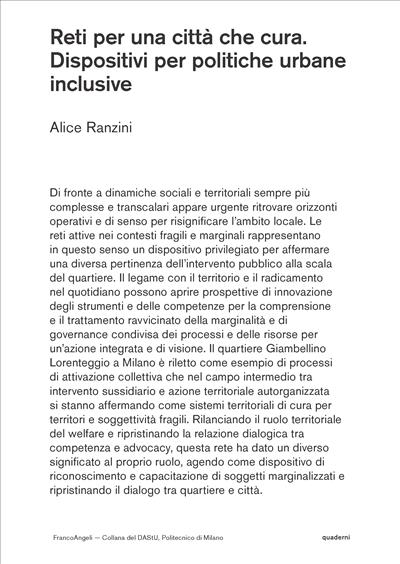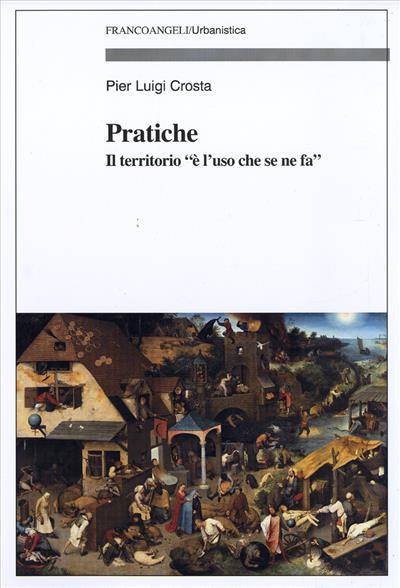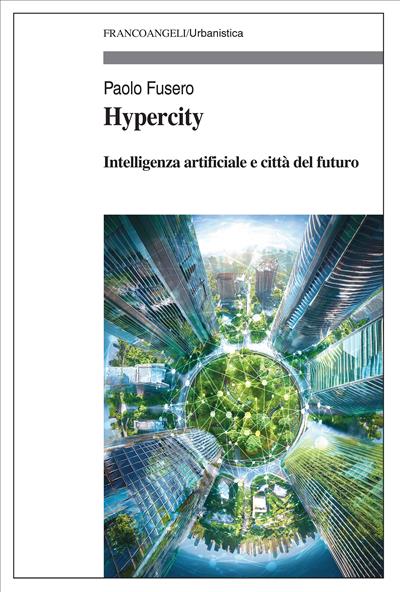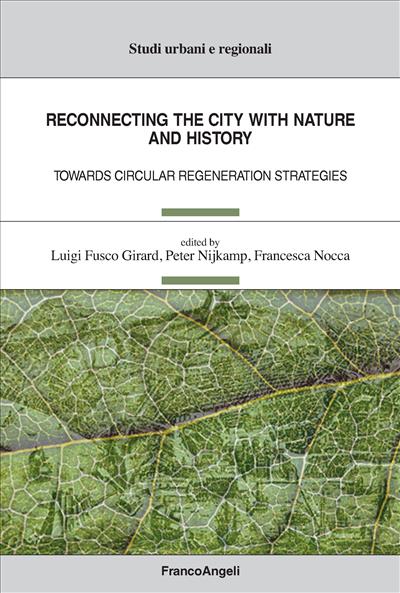
A cura di: Luigi Fusco Girard, Peter Nijkamp, Francesca Nocca
Reconnecting the city with nature and history
Towards circular regeneration strategies
Cities need nature and also their history to be able to face tremendous challenges, adapting to new contexts, changing them, making memories of the adaptations and then learning from them. This book is about the sustainable development of cities and their role in meeting the challenges facing humanity today. It addresses a wide array of important contemporary urban issues, from a regenerative, circular and smart perspective.
Pagine: 468
ISBN: 9788835149767
Edizione: 1a edizione 2023
Codice editore: 1740.161
Disponibilità: Discreta
Pagine: 468
ISBN: 9788835156765
Edizione:1a edizione 2023
Codice editore: 1740.161
Possibilità di stampa: No
Possibilità di copia: No
Possibilità di annotazione: No
Formato: PDF con DRM Readium LCP
